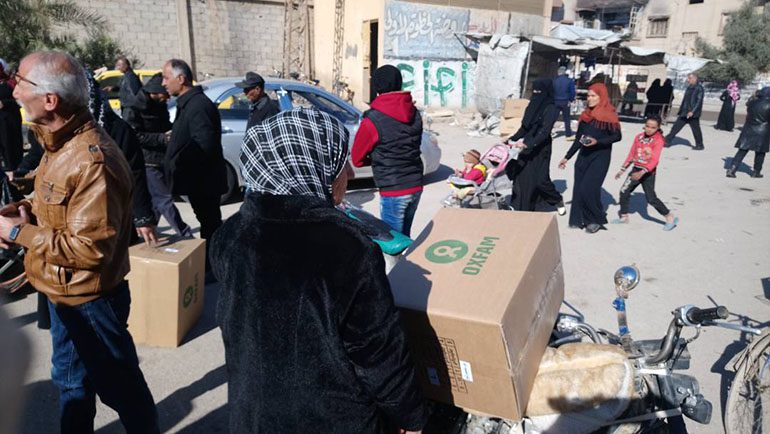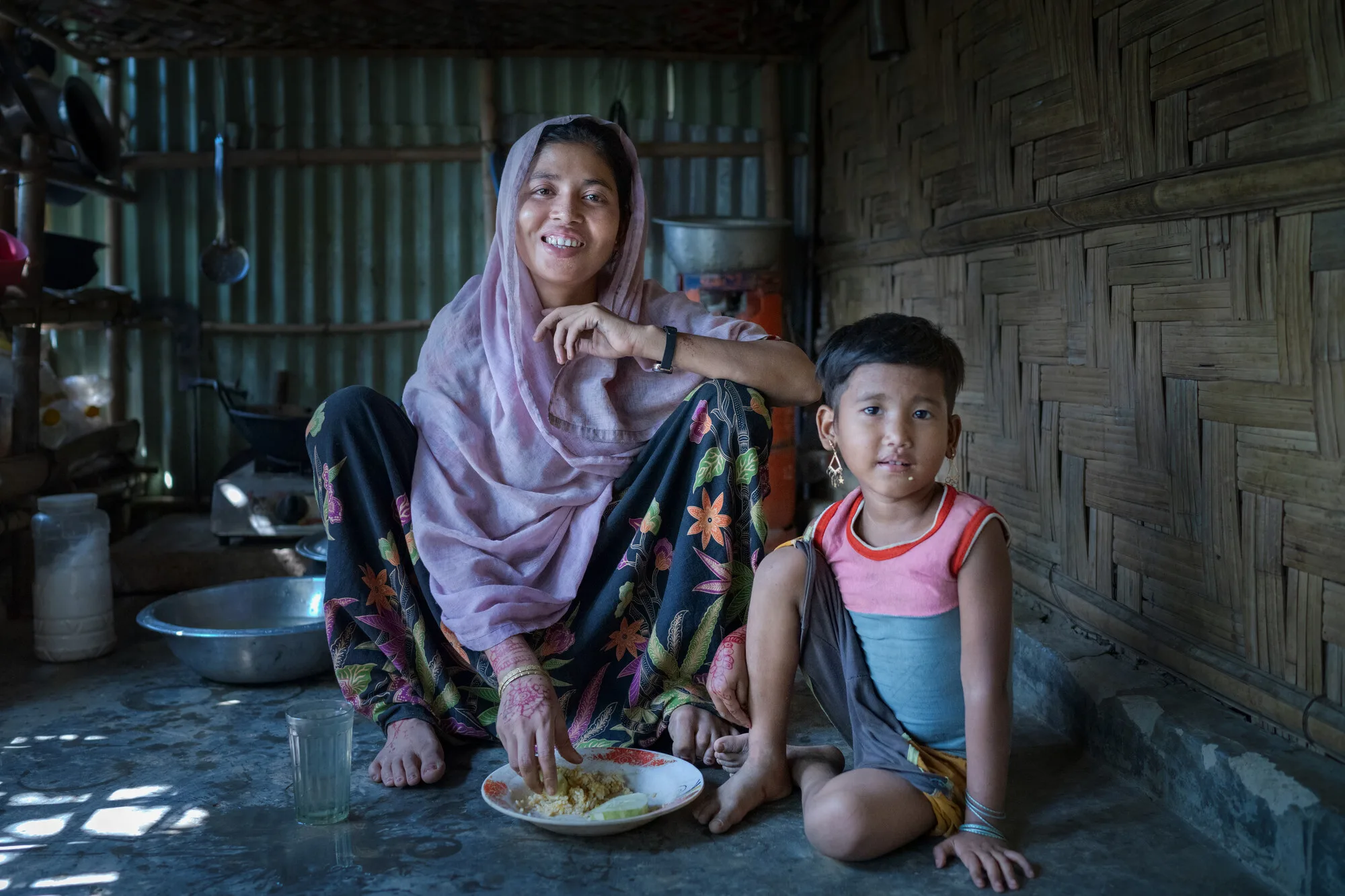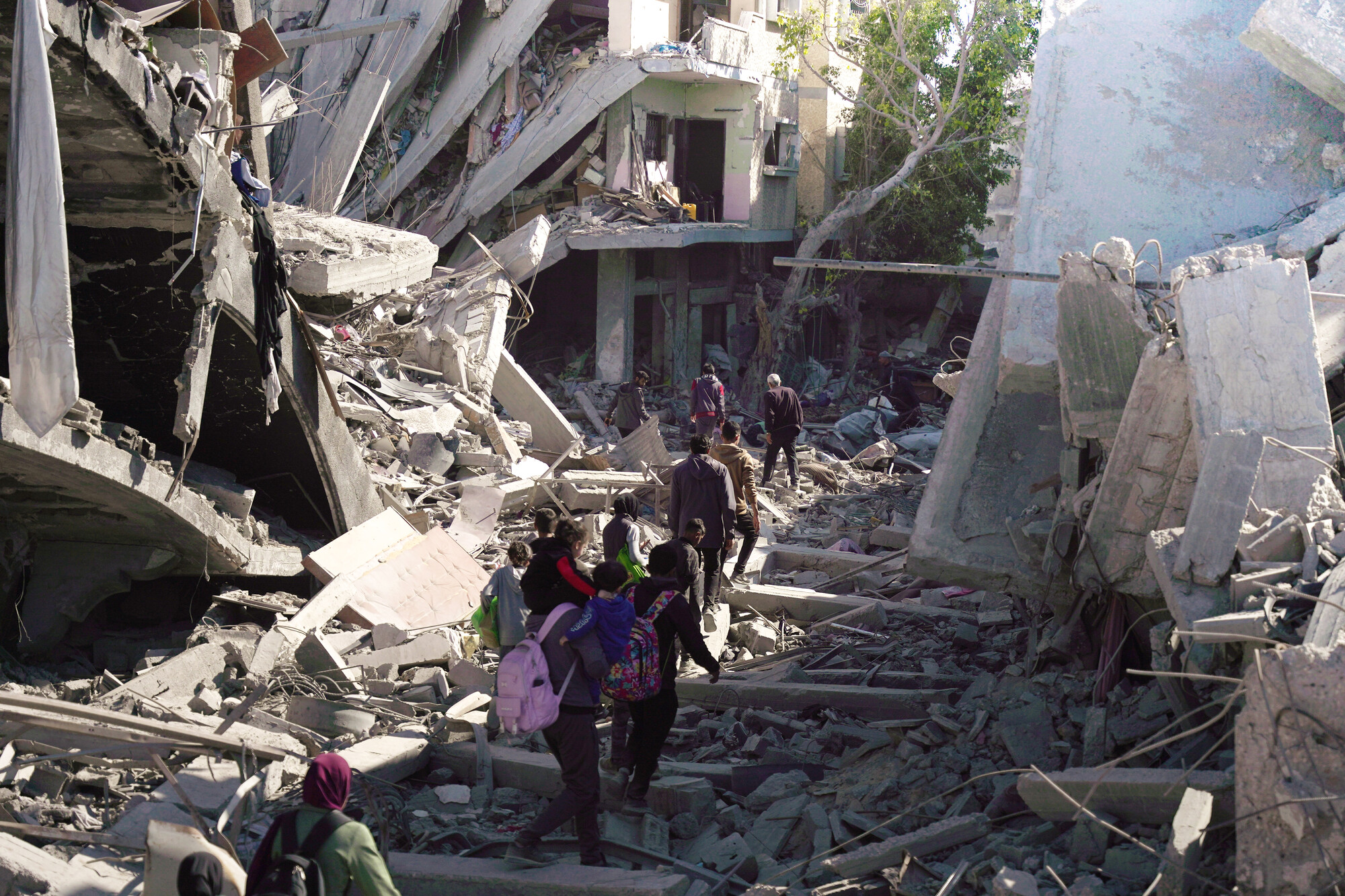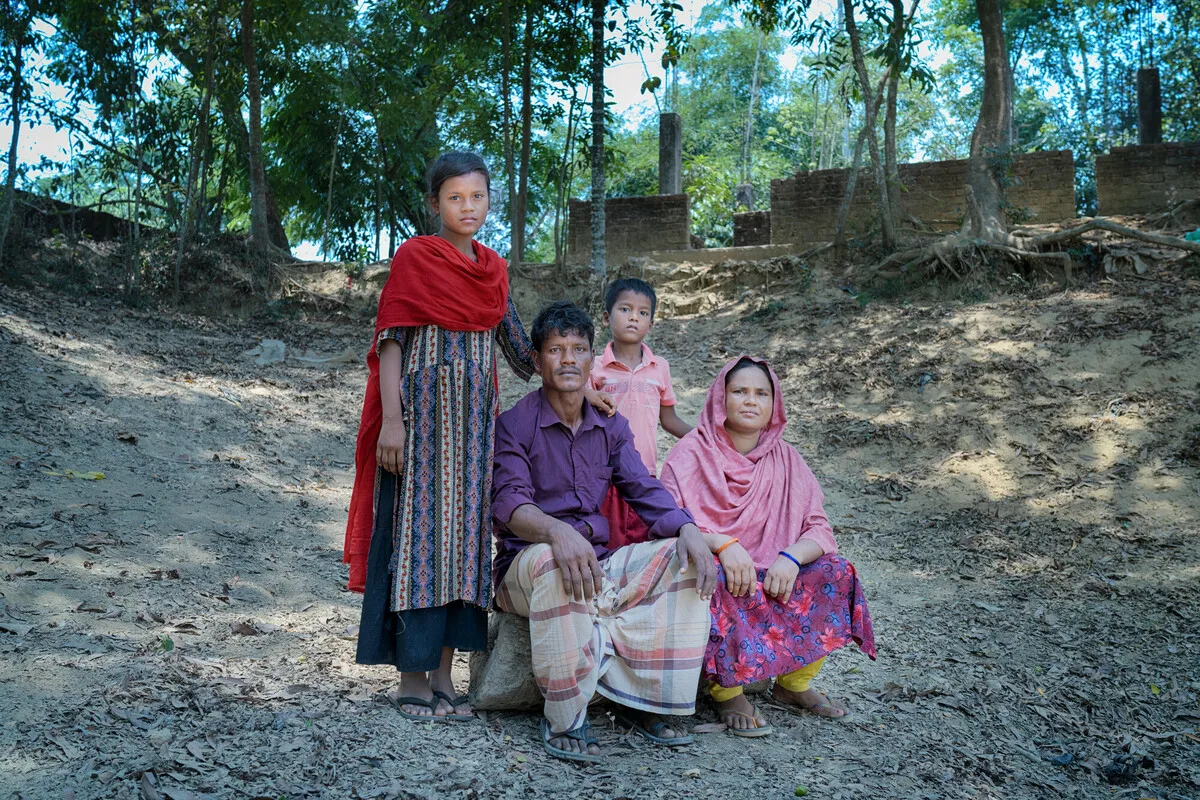From my desk in Damascus, I can hear the rumbling explosions day and night to the east of the capital. Black smoke billows into the skies over Eastern Ghouta. In Damascus itself, we can hear incoming mortar fire and wonder anxiously where the shells have landed. For people living and working here in Damascus, this is all part of our daily routine.
Civilians are under fire
Today, TV reports and international newspapers are filled yet again with stories depicting the harrowing situation in Eastern Ghouta. I remember when Eastern Ghouta was home to several proud, Syrian industries. Now we are faced with heart-breaking images of civilians caught in the fighting, including mothers and their terrified children. The exact death toll is difficult to estimate, but reports suggest the lives of over 500 civilians in Eastern Ghouta have been lost since 19th February when fighting intensified.
In Damascus, too, increased mortar attacks have put civilians in the firing line. Over the course of the last week, dozens have been killed, leaving families torn apart.
As a resident of Damascus, living here is a terrifying experience once again, as it was at the beginning of the conflict. I can hear children crying as they listen to the thunderous shelling and mortars. While east of the capital is most at risk, there have been attacks across the city of Damascus itself.
Humanitarian access is urgent
People living in Eastern Ghouta have extremely limited access to the basics. Whatever is available is extremely costly – well out of the reach of most families living there. The UN is reporting high levels of child malnutrition and the challenges facing infants, expecting and breastfeeding mothers, and the elderly are especially severe.
Aid agencies have been allowed virtually no access to Eastern Ghouta, despite the clear need for emergency relief. On 14th February, the first UN convoy since November 2017 was permitted to enter the area with supplies for just over 7,000 people. This amount of aid is a drop in the ocean in this catastrophe, with nearly 300,000 children, women and men in the area in desperate need of food, water and medical supplies.
Action is needed
Last weekend, the UN Security Council adopted a resolution calling for a cessation in fighting across Syria, and increased humanitarian aid. Pressure to implement it is mounting. The skies have been slightly quieter lately, and we hope that this can be sustained, and that we can get life-saving aid to those who need it.
Unbelievably, Eastern Ghouta is one of the so-called ‘de-escalation’ areas agreed by Iran, Russia and Turkey in Astana last May. The agreement commits all sides to a reduction in fighting and unhindered access for aid. All signatories of the agreement and all parties to the conflict need to make this a reality.
Written by Moutaz Adham, Oxfam’s Country Director, Syria.
With no end in sight to the conflict in Syria, hundreds of thousands of people are living in desperate conditions and exposed to continuing violence. Today, half the pre-conflict population of 22 million Syrians have fled their homes and more than 13.5 million people urgently need your help.
In Syria, Jordan, and Lebanon, we are helping more than 2 million people with life-saving clean water, sanitation, and vital support for families who have lost everything.
Please support Oxfam’s humanitarian response to the Syria Crisis.



